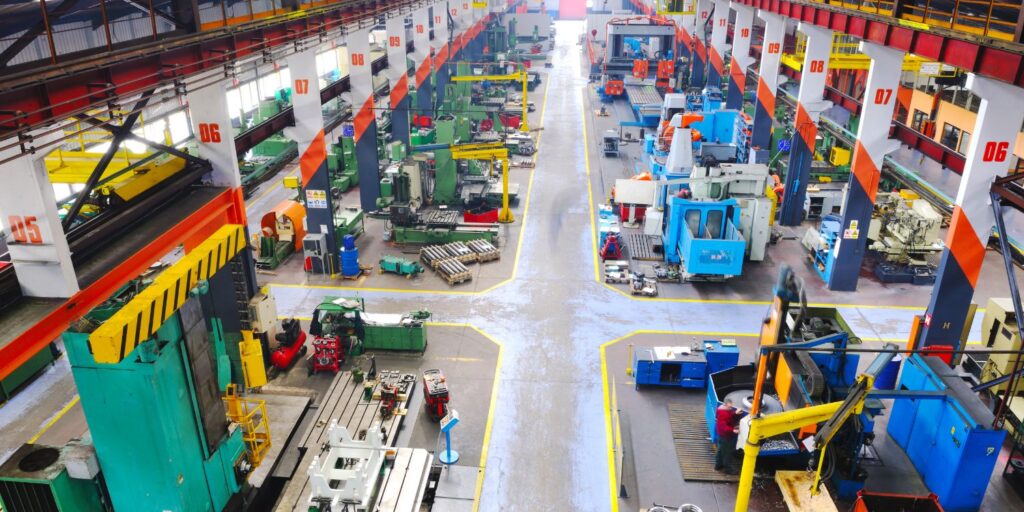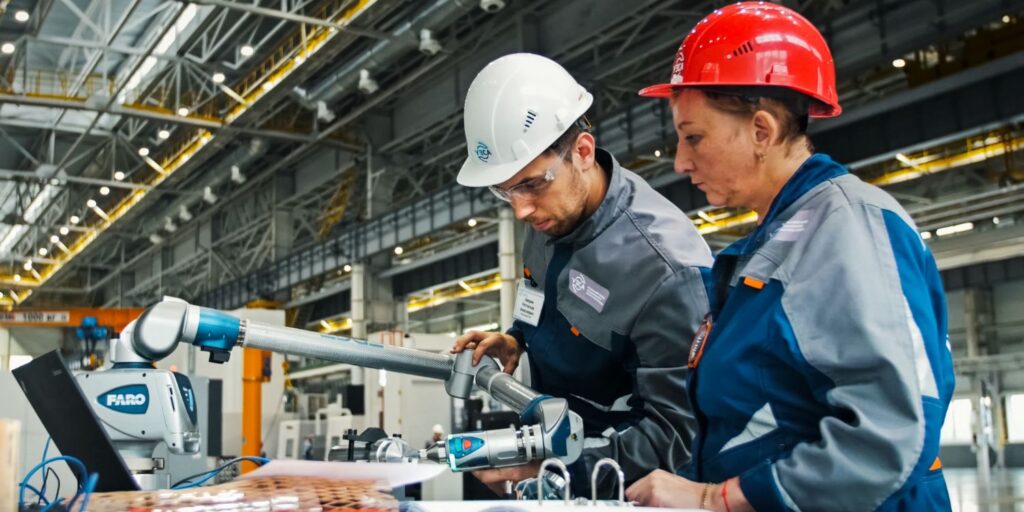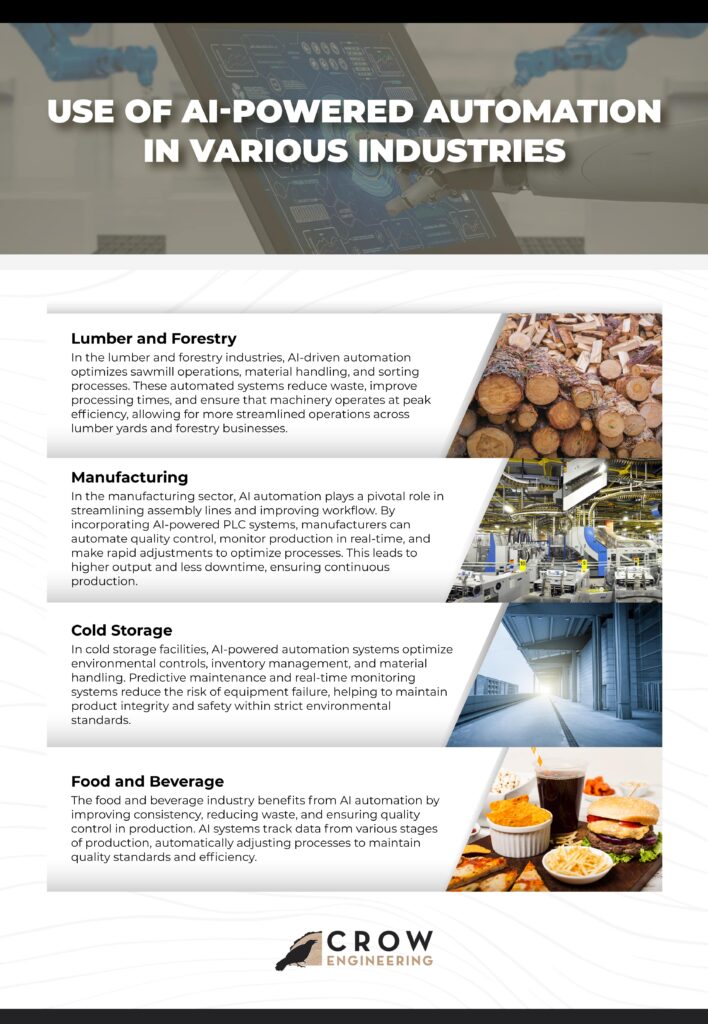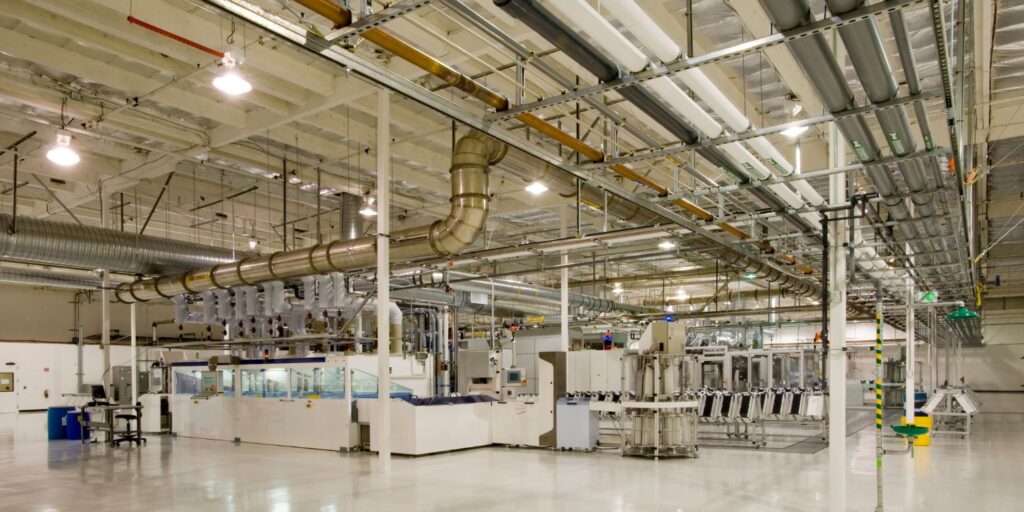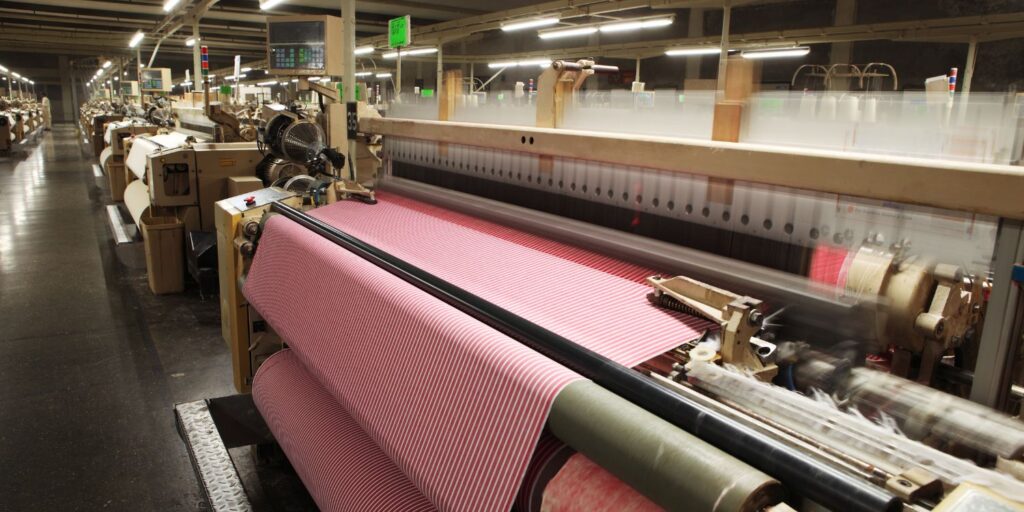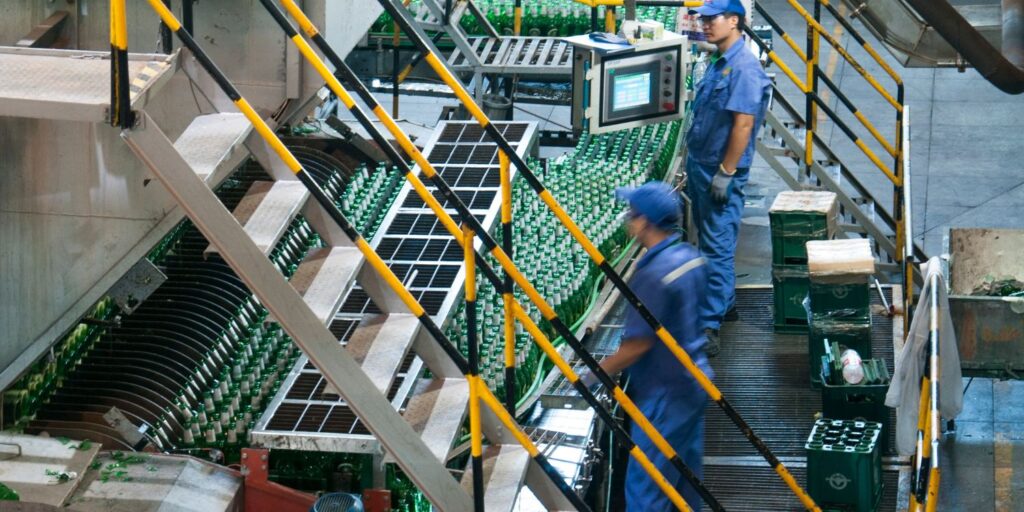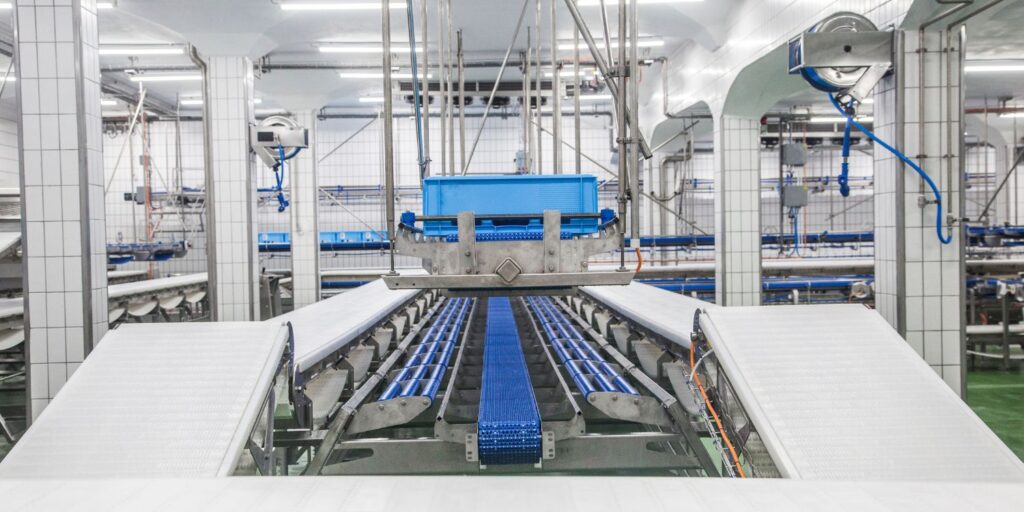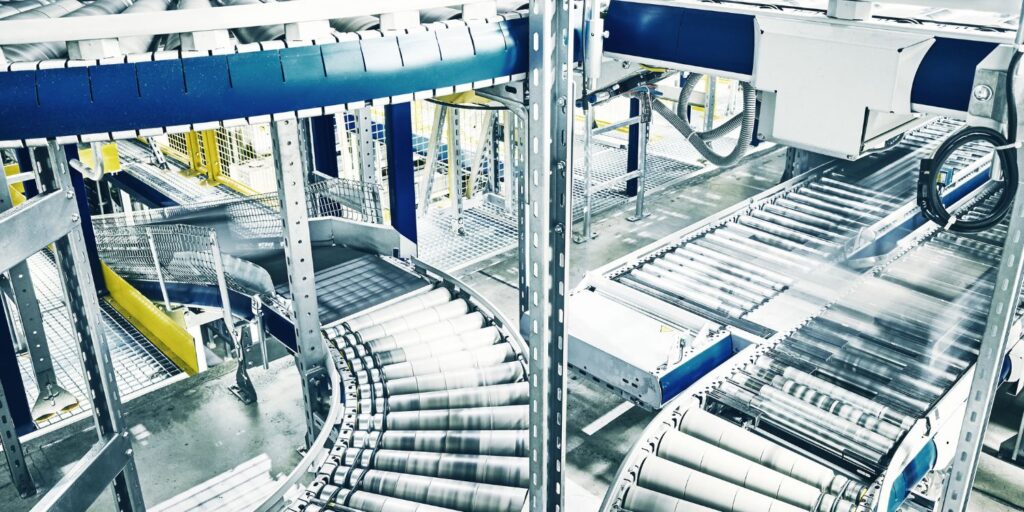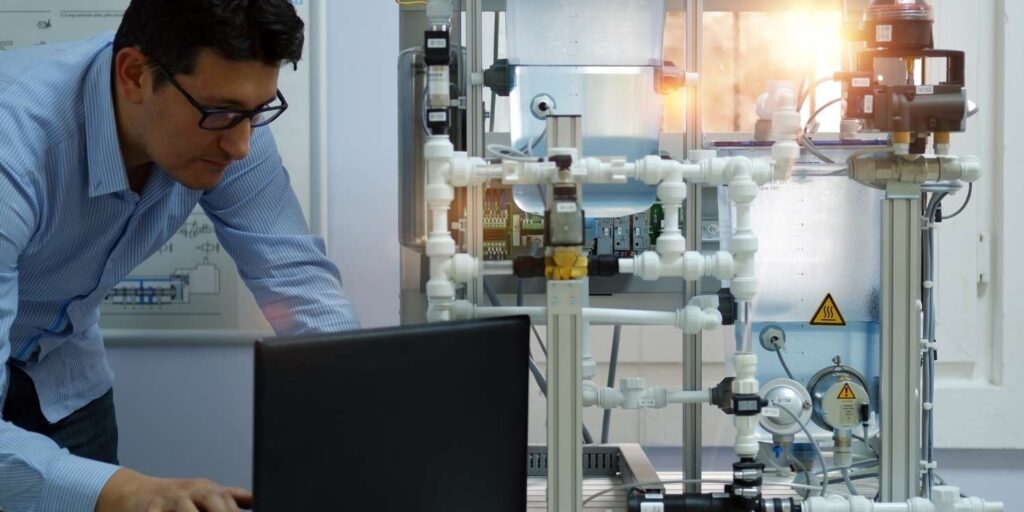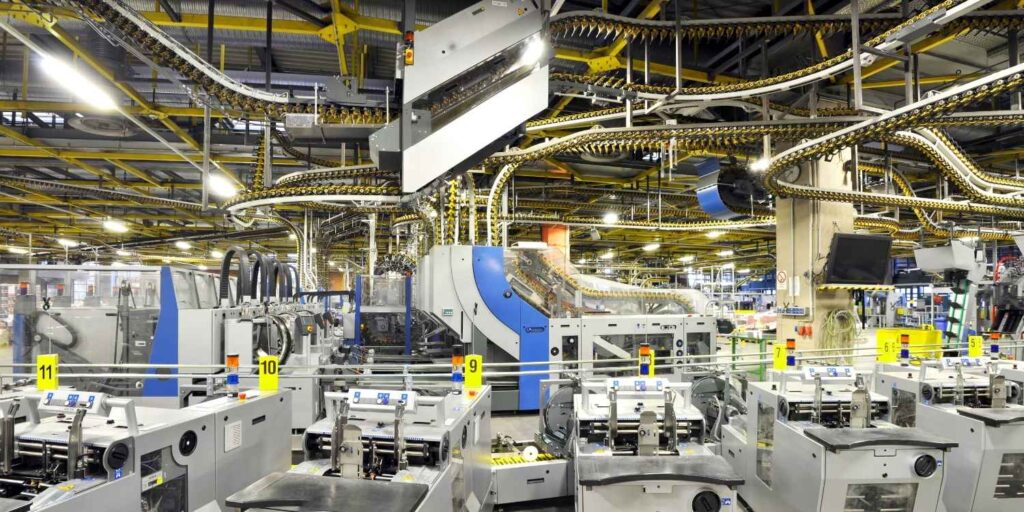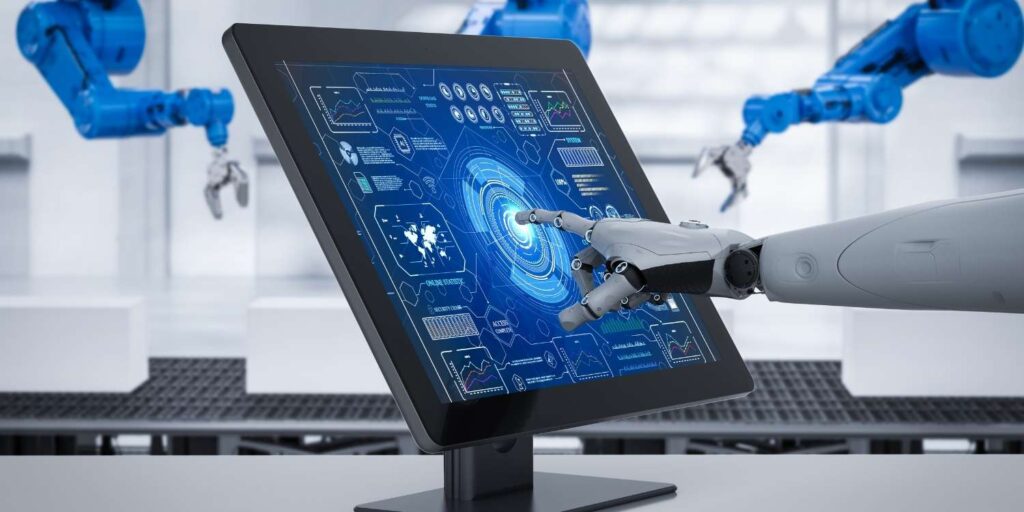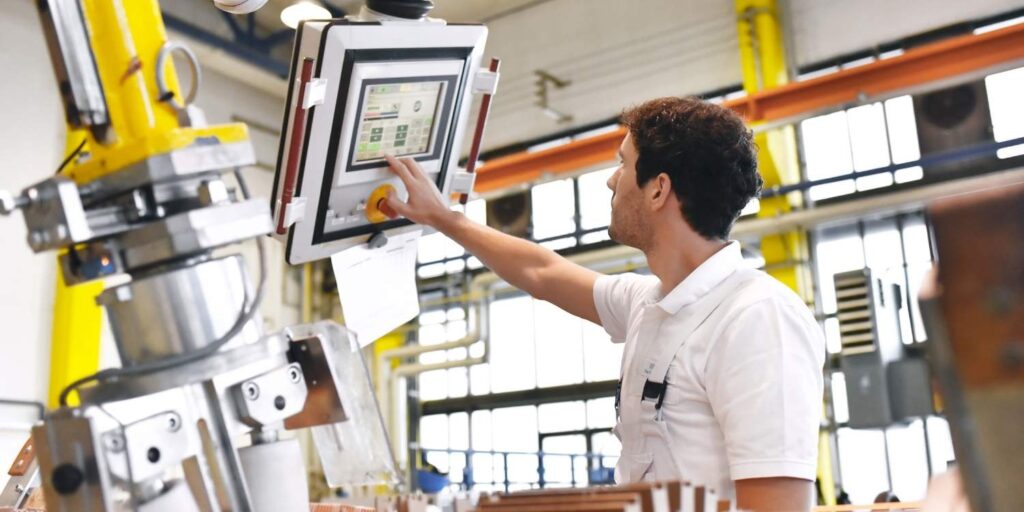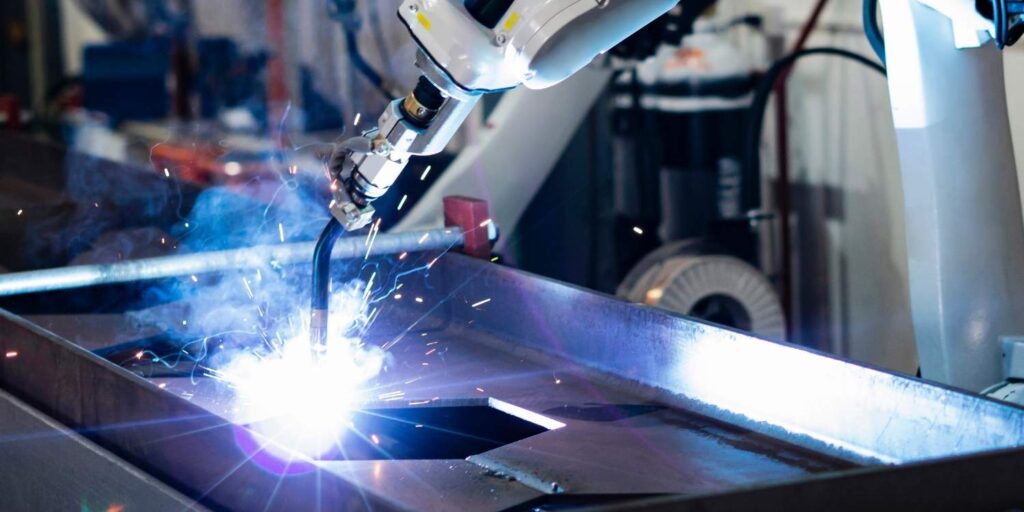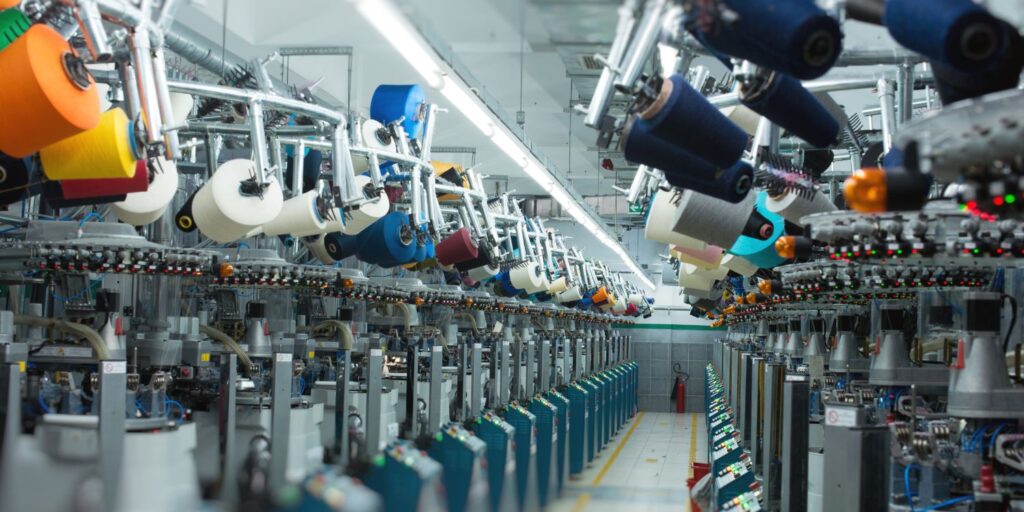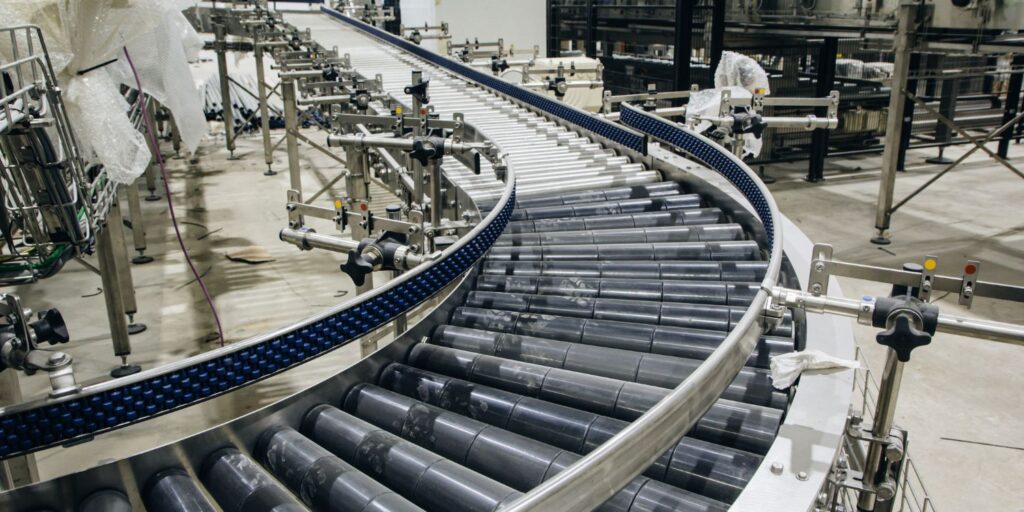A process improvement engineer plays a pivotal role in enhancing manufacturing efficiency by identifying areas for optimization, implementing effective strategies, and driving continuous improvements throughout the production process. Their goal is to streamline operations, reduce waste, and maximize productivity, all while maintaining quality and minimizing costs.
Key Areas of Process Improvement Engineering
Identifying Bottlenecks and Inefficiencies
One of the first steps a process improvement engineer takes is analyzing the existing manufacturing processes to identify bottlenecks and inefficiencies. These may include excessive downtime, redundant workflows, or underperforming machinery. By conducting detailed assessments, they can pinpoint specific issues that hinder productivity. This involves collaborating closely with production teams and utilizing data to gather insights on how the current processes are performing.
Designing and Implementing Efficient Workflows
Once inefficiencies are identified, process improvement engineers redesign workflows to create more streamlined operations. This may involve reconfiguring production lines, optimizing plant layout, or integrating new technologies such as machine automation or PLC control systems. By optimizing how different components of the production process interact, engineers help eliminate unnecessary steps, reduce cycle times, and ensure that materials move smoothly through each phase of production.
Reducing Waste and Improving Resource Utilization
Process improvement engineers also focus on minimizing waste and improving resource utilization. This encompasses both physical resources, like raw materials, and operational resources, such as labor and energy. Techniques like lean manufacturing principles or predictive maintenance are employed to reduce unnecessary material use and prevent equipment failures before they occur. This cuts costs and reduces the environmental impact of the manufacturing operation.
Enhancing Equipment Performance with Automation
Automation is a key driver of efficiency in modern manufacturing across various industries. By integrating advanced control systems, such as VFD packages and PLC control systems, process improvement engineers can optimize the performance of machinery, ensuring precise control over production variables. Automated systems enhance accuracy, reduce manual interventions, and enable real-time monitoring of production processes, allowing for quick adjustments to maintain optimal performance.
Continuous Monitoring and Improvement
After improvements are implemented, process improvement engineers maintain a focus on continuous improvement. They regularly monitor production metrics to ensure that the changes lead to sustained efficiency gains. This may involve refining processes further, adjusting machinery settings, or introducing new technologies. Crow Engineering offers ongoing support and optimization services to ensure that clients achieve long-term success in improving their manufacturing operations.
A process improvement engineer is integral to driving operational excellence in manufacturing environments. Through meticulous analysis, strategic planning, and the integration of cutting-edge technologies, they help businesses achieve higher productivity, lower costs, and more efficient use of resources. Learn more about how Crow Engineering’s process optimization services can help your business improve manufacturing efficiency.
Who are we?
Crow Engineering is a multi-discipline consulting engineering firm serving mechanical, structural, and civil engineering needs for a variety of industries.
Engineering Services
the crow connection
Recent News
The Crow Connection delivers high-level insights on engineering, automation, and process optimization, helping you drive efficiency and innovation. Covering topics like AI-powered automation, manufacturing strategies, and industrial process improvements, it’s a must-read for leaders seeking a competitive edge.
























